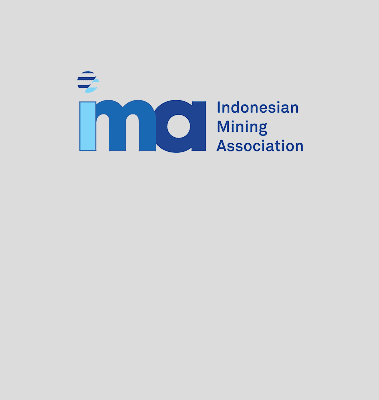Mintek has recently invested in advanced manufacturing equipment to produce MEAs at scale,”- Dr Olivia Barron.
Mining Review Africa
In the not-so-distant future, cities hum quietly as buses glide past without a hint of exhaust, factories run on clean power without smokestacks, and homes draw electricity from modular fuel cell units powered by hydrogen.
Across industries, battery and fuel cell technologies have replaced fossil fuels as the beating heart of production and transport. But behind this seamless green revolution lies years of relentless research because fuel cells, despite their promise, require continual innovation to make them more efficient, cost-effective, and scalable.
Mintek, South Africa’s mineral research council, is driving this next wave of clean energy through its cutting-edge commercial fuel cell catalyst line, Platalite®. These catalysts are the heart of the reaction inside a fuel cell, where the electrochemical reaction between hydrogen and oxygen at the electrodes create electricity, with only water and heat as a byproduct. It’s a process that sounds simple but demands precise, high-performance materials to make it efficient, durable, and affordable.
The potential is vast. Fuel cells can power everything from city buses and heavy-duty trucks to electric cars and even stationary systems that keep buildings or remote sites running.
In the light-duty sector, Mintek’s Platinum-Alloy Carbon Series is a standout, using platinum cobalt and platinum nickel alloy catalysts supported on carbon to push efficiency to new heights, delivering up to three times the performance of conventional catalysts. This means more power from less PGM material, making cleaner energy a practical choice for everyday use.
Mintek, as co-host of the HySA/Catalysis Centre of Competence, has made significant strides in advancing research on platinum-based fuel cell catalysts, achieving cost and performance levels that rival those of established global manufacturers. This progress has been instrumental in developing a local market for fuel cell technologies and in beneficiating South Africa’s platinum group metal (PGM) resources.
Commenting on the strategic importance of this work, Mintek CEO Dr Molefi Motuku stated: “For us at Mintek, Platalite® is not just a step forward in fuel cell technology, it is part of a broader national drive to turn South Africa’s mineral wealth into the foundation of a globally competitive industry.
Rather than exporting platinum largely as a raw commodity, we are channelling it into high-value products that drive local manufacturing, create skilled employment, and foster research-led industrial growth.”
Sharing her insights on Mintek’s Platalite® collection, Dr Olivia Barron, Chief Scientist for Fuel Cell Manufacturing, also explained: “At Mintek, we also provide various forms of support for these catalysts, that offer enhanced particle stability and improved support stability. Our catalysts are designed for diverse applications, with some offering dual functionality, for use in polymer electrolyte membrane (PEM) water electrolysers.
We have also embarked on membrane electrode assembly (MEA) production. In a fuel cell, the MEA enables the reaction between a fuel—such as green hydrogen—and an oxidant like oxygen, to generate electricity. Mintek has recently invested in advanced manufacturing equipment to produce MEAs at scale, enabling us to serve the market with shorter lead times.”
What Mintek is achieving with Platalite® is transformative. By converting locally mined platinum—typically exported in raw form—into high-value products, Mintek is not only adding economic value but also strengthening South Africa’s manufacturing base.
The extensive catalyst portfolio enables the production of world-class products that meet global benchmarks for state-of-the-art catalysts, positioning Mintek as the exclusive large-scale local supplier of fuel cell catalysts in South Africa. In doing so, the organisation is advancing technological innovation while reinforcing South Africa’s place in the global energy transition.
“Producing world-class catalysts within South Africa strengthens the country’s position in the hydrogen economy while advancing the national goal of resource beneficiation. In doing so, it helps lay the groundwork for an industry that can power economic diversification, reduce carbon emissions, and ensure South Africa has a stake in the technologies shaping the world’s energy future, Motuku concludes.


